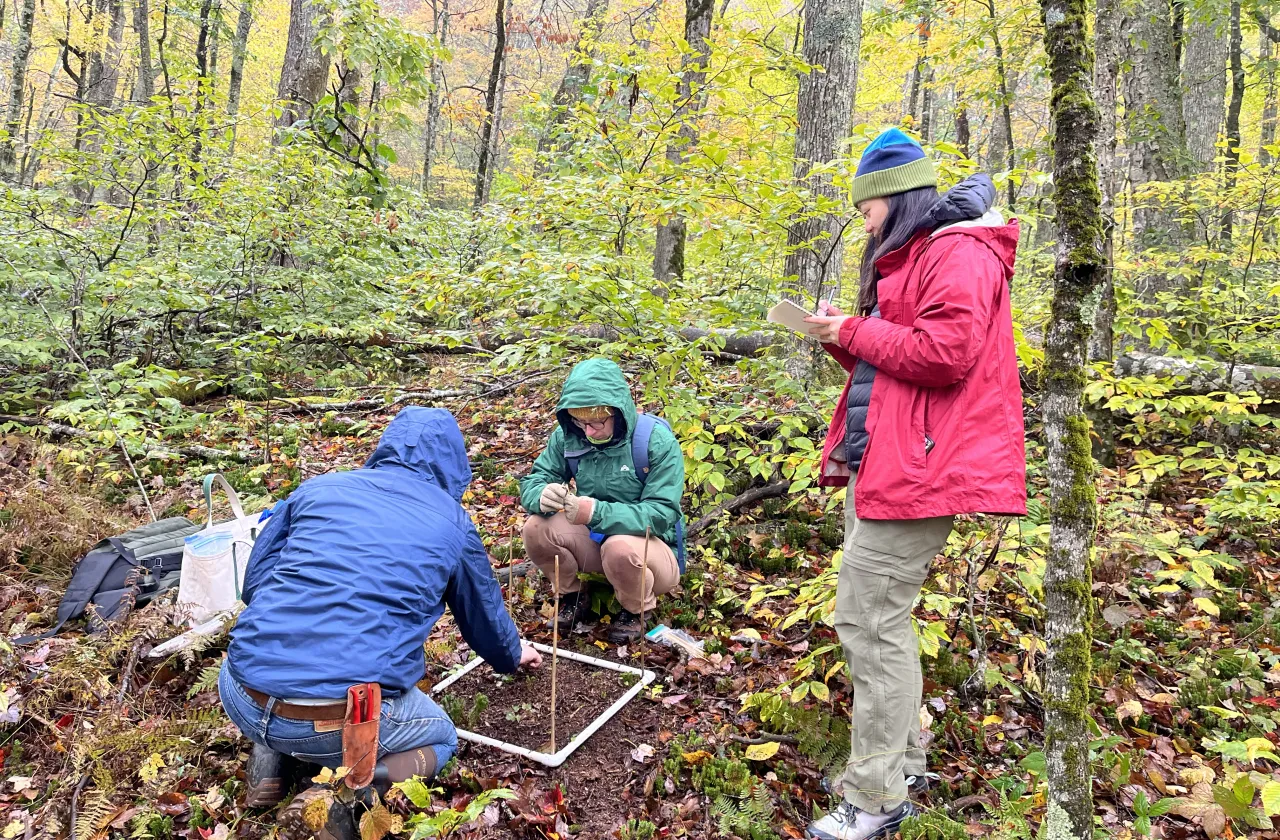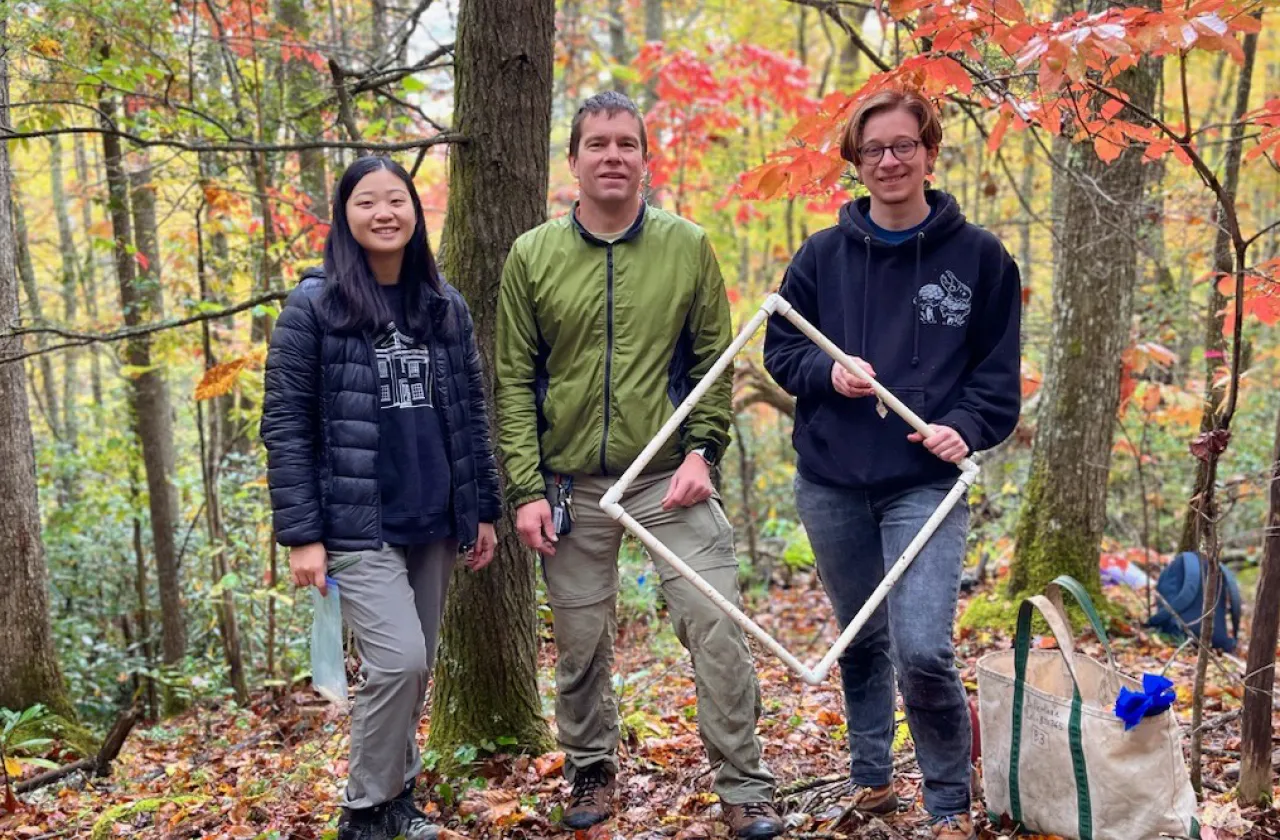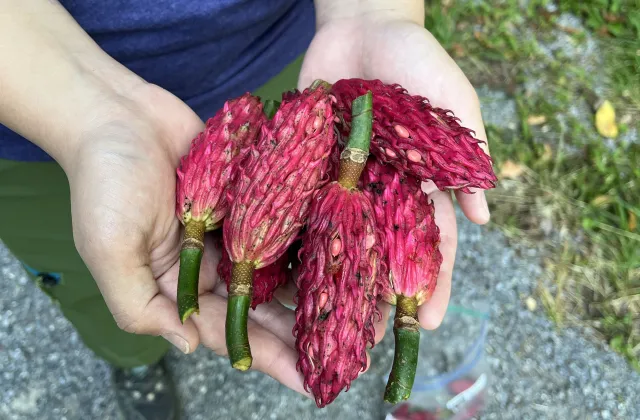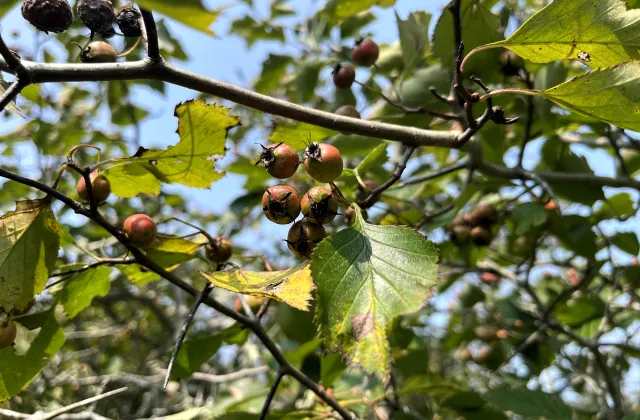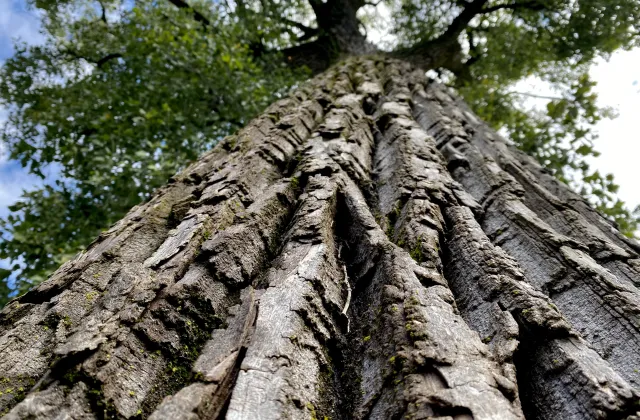Conservation & Research
As we look to align our work with what students are learning in classrooms and give them access to the most innovative and exciting work of 21st century botanic gardens, our team is actively engaged in a range of ongoing plant research. This work connects us not just to the Smith College Department of Biological Sciences, but to regional, national and global conservation powerhouses. Projects range from advancing our understanding of how to germinate seeds of understudied species, to ecological assessments, to building conservation action plans for plants at risk from climate change.
Conservation Work
The role of botanic gardens and arboreta grows in importance as the challenges of conserving the value and resilience of the natural communities that our plants represent intensify. At the Botanic Garden of Smith College we look to build collections that support the natural systems that our campus is situated within and protect the genetic diversity plant populations need to thrive.
The garden’s staff is actively involved in the propagation and distribution of rare and endangered plants. We are also engaged in multiple conservation projects, namely with our work with Magnolia fraseri, Crataegus bicknellii and more recently with sweetgrass. Additionally, we offer two positions in our year-long conservation internship program for Smith students to prepare students for futures in the myriad of ways that public gardens engage with conservation and environmental justice.
Conservation News
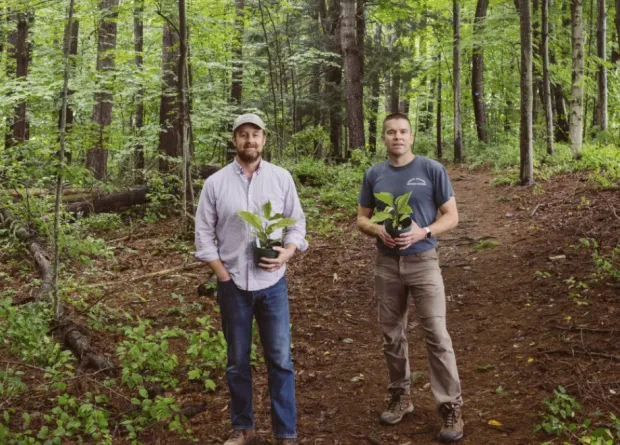
Saving the Mountain Magnolia
Climate change has put Magnolia fraseri on an “escalator to extinction” in its native Appalachian mountains. Can Smith researchers figure out how to give the species a future?
Research
The concept of a botanical garden—a garden with an underlying scientific basis—has its roots in research. Early collections of plants were largely compiled for their use as a source of medicine. The roles of botanic gardens have expanded over the centuries, yet research remains an important component, and that is true at the Botanic Garden of Smith College.
As we look to align our work with what students are learning in classrooms and give them access to the most innovative and exciting work of 21st century botanic gardens, our team is actively engaged in a range of ongoing plant research. This work connects us not just to the Smith College Department of Biological Sciences, but to regional, national and global conservation powerhouses. Projects range from advancing our understanding of how to germinate seeds of understudied species, to ecological assessments, to building conservation action plans for plants at risk from climate change.
The botanic garden collection has supplied plant material domestically and internationally to those:
- working on cures for cancer and AIDS
- researchers doing broad-scale screening of plants for new pharmaceuticals
- geneticists seeking to unravel the patterns of evolution in plants
If you are interested in learning more about the Historical Research and Student Research that has taken place at the botanic garden, please contact us.

